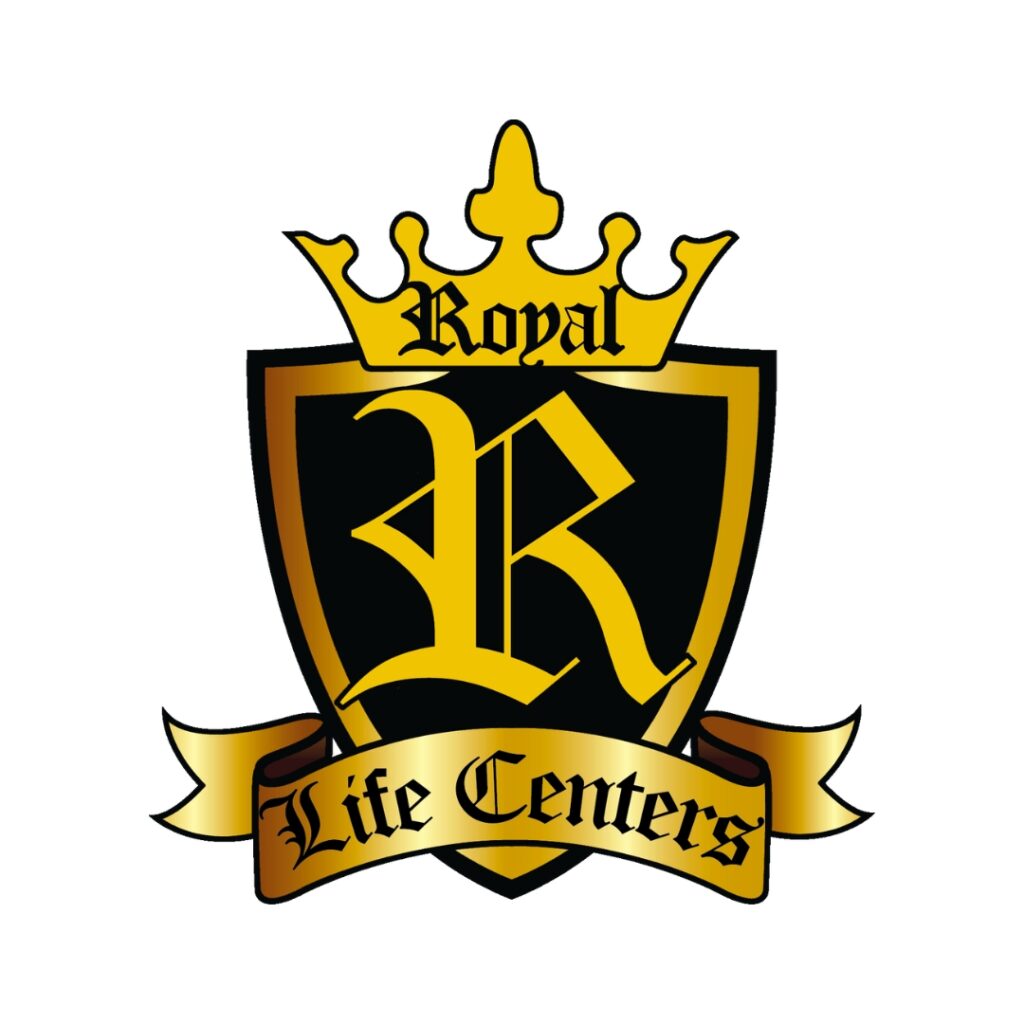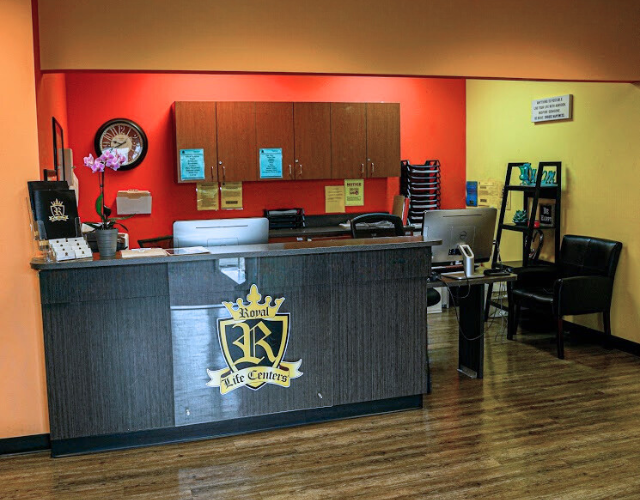As Belbuca and Suboxone become more commonly used medications, some confusion has begun to come up regarding their differences. As both medications are opioids, it is important to understand what they are and how they are used.
The Haven Detox offers comprehensive and compassionate treatment options for opioid addiction. If you or a loved one is struggling with the abuse of these substances, we are here to help you achieve a happier, healthier life.
Belbuca vs Suboxone: What’s the Difference?
Belbuca and Suboxone are both medications containing buprenorphine. However, they have distinct differences in their intended use, formulation, and administration methods. It is important to understand that these medications are not interchangeable. If you are prescribed one of these, you should only take them as instructed by your doctor.
What Is Belbuca?
Belbuca is a prescription medication that contains buprenorphine. This is an opioid used to treat severe, chronic pain that is resistant to other pain medications. It most often comes in the form of a buccal film. This means the Belbuca film is placed inside the cheek, where it dissolves to release the medication.
As a long-acting medication, Belbuca can provide pain relief for up to 12 hours. Of course, this means it is not intended for use as needed for occasional pain. The Belbuca medication, like other opioid medications, carries risks of addiction, abuse, and misuse.
How Does Belbuca Work?
Belbuca works by attaching to opioid receptors in the brain. This interaction can reduce the perception of pain. Buprenorphine, the active ingredient in Belbuca, is a partial opioid agonist. As such, it binds to opioid receptors but produces a weaker effect than full opioid agonists.
This reduced interaction makes it less likely to cause serious issues. For example, respiratory depression and other serious side effects are often associated with full opioid agonists. While this makes Belbuca a safer choice for pain relief, it does not mean it is without its risks.
What Is Suboxone?
Suboxone is a medication often used for opioid treatment. It contains two active ingredients: buprenorphine and naloxone. While this medication can be used to treat opioid addiction, it is important to note that Suboxone has its own risks. This is why it should only be used under the supervision of a doctor and with careful monitoring for potential side effects.
How Does Suboxone Work?
Buprenorphine is a partial opioid agonist. This means it binds to opioid receptors in the brain, reducing cravings and withdrawal symptoms. Naloxone, on the other hand, is an opioid antagonist. This medication blocks the effects of other opioids, making them less attractive for misuse. Suboxone is available in two forms: sublingual films and tablets.
This medication can be placed under the tongue, where it dissolves. This releases the medication into the bloodstream. Suboxone, like Belbuca, is a long-acting medication. It can provide relief from opioid withdrawal symptoms for anywhere between 24-36 hours.
Main Differences Between Belbuca and Suboxone
Despite the fact that they both contain buprenorphine, there are several key differences between Belbuca and Suboxone. Understanding these differences can help you understand which might better suit your needs.
The key differences between Belbuca and Suboxone include:
- Intended Use: Belbuca is approved for the management of chronic pain. Suboxone, however, is used for treating and managing opioid dependence.
- Formulation: Suboxone contains both buprenorphine and naloxone. This makes it less attractive for misuse. Belbuca only contains buprenorphine.
- Administration Method: Belbuca is a buccal film placed inside the cheek. Suboxone, however, is a sublingual film or tablet placed under the tongue.
Are you struggling with drug and alcohol abuse?
Royal Life Centers at The Haven is here to help you recover. Because we care.
What Other Medications Are Used for Opioid Addiction?
In addition to Suboxone, there are several other medications approved for the treatment of opioid use disorder. It is important to note that these medications are most effective when used in combination with other therapies. This can include counseling, group therapy, and other therapeutic interventions.
Medication-assisted treatment (MAT) is a comprehensive approach to treating opioid dependence. In many cases, medication management will be combined with behavioral therapy. MAT is a highly effective treatment option. It has been proven to reduce opioid use, prevent overdose, and improve overall health and well-being.
Methadone
Methadone is one of the main medications for opioid addiction treatment. This is a full opioid agonist that binds to the same receptors as other opioids, such as heroin and morphine. This can help reduce opioid cravings and withdrawal symptoms. However, it is administered in a controlled setting. This might be a clinic, treatment center, or other medical environment to help reduce the risk of misuse and overdose.
Naloxone
Naloxone is a medication that rapidly reverses an opioid overdose. It is an opioid antagonist. This means it attaches to opioid receptors and blocks the effects of other opioids. This can quickly restore normal breathing to a person who is experiencing respiratory issues due to overdose.
Naloxone is a key component of MAT for opioid addiction. Relapse is a common experience for many people in recovery. Having Naloxone on standby, should they experience a relapse, is crucial not just for their safety but also for their chances at a successful recovery.
Which Medication for Opioid Addiction is Right for Me?
If you are struggling with opioid addiction, it is important to seek help from an addiction treatment professional. Only they will be able to understand your symptoms and give you the best medication recommendations.
When you seek treatment at a professional rehabilitation center, you will have access to comprehensive and effective care. At The Haven, we offer personalized support to help you find the best path to recovery.
What Is Opioid Addiction Treatment Like?
Opioid addiction treatment is a multifaceted and comprehensive process. In most cases, it involves a combination of medication-assisted treatment and behavioral therapies. At The Haven, we focus on several aspects of your recovery, including:
- Detoxification: This is often necessary to manage withdrawal symptoms under medical supervision.
- Relapse prevention: This helps you develop coping strategies and support systems to prevent relapse.
- Addressing co-occurring disorders: We treat mental health conditions like depression or anxiety that may be contributing to your substance abuse.
As a comprehensive treatment center, each of our guests’ recovery experiences can look different. This is because addiction is a unique experience for each person struggling. As such, we believe your treatment should be just as personalized and carefully developed.
Medical Detox for Opioid Addiction
Medical detox for opioid addiction allows you to safely withdraw from opioids under medical supervision. It is a crucial first step in the recovery process for those struggling with opioid addiction. This is because the withdrawal period can be uncomfortable and even dangerous.
Your detox process will begin with an in-depth evaluation. One of our medical professionals will assess your opioid use history and overall health to determine the best course of treatment. In most cases, this will include medication-assisted treatment.
You may be prescribed medications like methadone or buprenorphine. These can be used to manage withdrawal symptoms and reduce cravings. Our medical staff will also monitor you closely throughout this process to ensure your well-being.
The dose of your medication will be gradually reduced over time. This allows your body to adjust and minimize withdrawal symptoms. Once the detox process is complete, we will likely suggest ongoing care to help you maintain your recovery.
Inpatient Treatment for Opioid Addiction
Our inpatient program for opioid addiction provides a structured, intensive environment where you can focus on recovery without distractions. It is particularly beneficial if you require close medical supervision. This may be due to severe withdrawal symptoms or co-occurring mental health conditions.
Inpatient treatment provides several key benefits to participating individuals, including:
- Intensive Support: 24/7 access to medical and therapeutic support.
- Structure and Routine: A structured environment helps establish healthy habits and routines.
- Reduced Distractions: The ability to focus on recovery without external pressures.
- Building a Support Network: Resources to connect with peers in recovery and foster lasting bonds.
Outpatient Treatment for Opioid Addiction
Outpatient treatment for opioid addiction provides flexibility. Our outpatient program allows you to maintain your daily responsibilities while receiving therapy and support. It is a suitable option if you are stable and can manage your addiction without the intensive structure of inpatient care.
The Haven’s outpatient program offers several recovery support services. This includes ongoing therapy and MAT for opioid abuse, as well as aftercare planning and support groups. If you are ready to start your journey to sobriety, we are here to help. Reach out to us today to learn more about how we can support you in your opioid recovery.

- Alcohol Detox in Washington State: Everything You Need to Know - March 2, 2026
- How Washington State Rehabilitation Centers Can Transform Your Life - January 26, 2026
- How Washington State Rehab Centers Support Long-Term Recovery - January 19, 2026


















